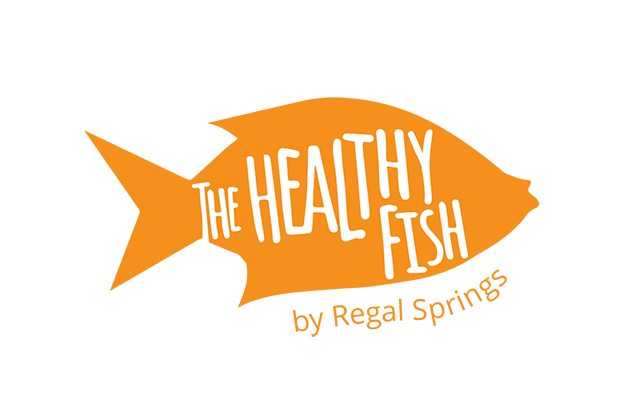Losing weight used to center around one simple concept: calories in, calories out. Eating more calories than one burned was said to cause a person to gain weight, while eating less was said to help a person lose weight. But food science has come a long way since then, and we’ve discovered it’s a lot more complex than that. It’s time to stop counting your calories. Instead, learn how to make them work for you as part of a healthy diet—and forget about these three calorie myths once and for all.
Myth #1: All Calories are Created Equal
The premise of “calories in, calories out” assumes that all calories are created equal, but this is far from the case. Calories can actually be divided into three macronutrient groups (proteins, fats and carbs), each of which will leave you feeling more or less full than the other; protein is the most filling, fat is the second most filling and carbs are the least filling. This means that eating 500 calories of protein-rich food, like fish, will give you more bang for your buck than eating 500 calories of carb-rich food, like pasta.
It’s also important to consider which micronutrients are in the foods you’re consuming. Avocado and sugar, for example, are both high in calories, but one is also chock-full of healthy fats and vitamins whereas the other is devoid of nutrients.
The Takeaway
Eating low-calorie foods isn’t the answer. Choose a variety of nutrient-dense whole foods that will leave you feeling satiated (not overly full!) and you’ll never need to count calories again.
Myth #2: It Doesn’t Matter When You Eat, Just What You Eat
According to diet lore, there’s a specific number of calories people need to eat every day—whether you snack all day or eat just two large meals, as long as you aren’t going over your calorie target, you’re assumed to be in the clear. But modern food science negates this, suggesting that it’s actually better to restrict eating to an eight-hour window each day. This technique, known as intermittent fasting, boasts several health benefits, including weight loss.
The Takeaway
Eating all of your meals within just eight hours might seem intense, but it’s really not that difficult. If, for example, you like to eat dinner around 6pm, your first meal of the day should be consumed around 10am. Depending on your schedule, this technique may or may not be practical for you, but the key point to understand is that when you eat is just as important as what you eat.
Myth #3: Food Labels Accurately Report Calories
Food production companies are required to put nutritional information on their packages, which should make it easy to eat smart. But studies have shown that most nutrition labels are inaccurate—the FDA allows companies to under- and over-report calories by up to 20%. This can obviously lead to incorrect calorie counting, so it’s best to remove these packaged foods from your diet whenever possible.
The Takeaway
To ensure you know exactly what you’re putting in your body, it’s best to opt for whole, nutritious foods that don’t come with labels—fresh fruit and vegetables, meats and fish. But if you do go for something packaged (we all need a sugar boost every once in a while), remember that you may not have the most accurate information in hand.
Counting calories is a tedious (not to mention outdated) dieting technique. Instead of tracking each and every calorie you eat, focus on eating a variety of healthy, whole foods that fuel your body and lifestyle.
For more information on how to maintain a healthy diet, check out our guide to health literacy.
Photo Credits: Prostock-studio / Shutterstock Inc.






